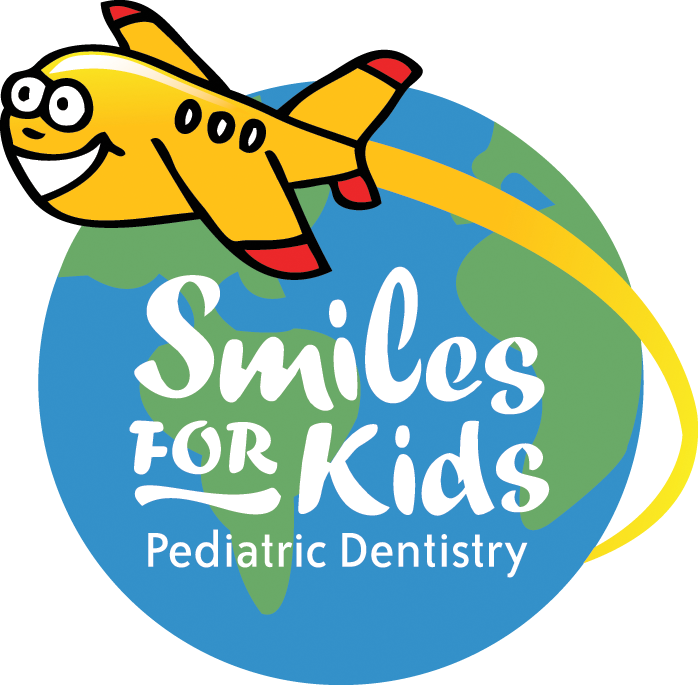Sugar in a Bottle
/Marketing companies are amazing at well… marketing. It’s no wonder that most families’ refrigerators are stocked with “healthy” juice, sodas, and Gatorades. As dentists we cringe at the site of eye level positioned and well-advertised liquid sugars on grocery store shelves. Labels show clearly that the amount of sugar packed in juice much exceeds daily recommended levels. A normal size adult should have no more than 25 g of sugar per day, which amounts to around 6 tsp. A glass of typical juice has between 35 and 60 grams of sugar. Sports drinks do not trail far behind with around 40 grams of sugar. Because of lack of true regulations on food labels, even juices that claim to be “100% natural fruit” often have sugar added, other juices mixed in for volume and flavor, or are stored in tanks for a long time, which makes it necessary to add preservatives containing sugar. All these drinks are also extremely acidic due to naturally occurring fruit acids as well as added preservatives such as citric acid. This makes their acidity close to battery acid.
As health professionals and dentists, our worry is both on a large scale of body health, and on a small scale of teeth. We witness staggering BMI numbers that lead to problems such as diabetes, heart problems, social difficulties, and behavioral issues starting in childhood and culminating in solemn complications in adulthood. We see more and more kids with diabetes, kids who have difficulty exercising and keeping up with their peers, and kids with serious social tensions due to weight. Our role as health providers often puts us in a position where we must counsel and educate parents and families to reinforce information already discussed by their family physicians.
However, as dentists we are concerned about teeth in particular. Acid in juices can cause erosion of enamel, the hardest structure in your body. Acid creates wear and damage that allows for sugar to easily fit in the microscopic holes on teeth. Worn enamel will demineralize making work of cavity- causing bacteria easy, especially with addition of large amount of sugar, which fuels them. We see rampant cavities in children as young as two years of age. Dental decay is number one reason for missing school hours in young children and is still the most prevalent chronic disease in both children and adults. Costs of dental decay are staggering as many young children end up with expensive treatment including hospitalizations for infections or treatment with IV sedation. Prevention of dental decay is not contained to limiting sweet drinks, but in the face of today’s epidemic, we want to educate our families early and thoroughly on all controllable variables. Eliminating sugary drinks is an easy step in overall personal health and in dental well-being of our patients. Please feel free to contact us with any particular questions.
Dr. Lindhorst, Dr. Jadav and Smiles For Kids Pediatric Dental Team
